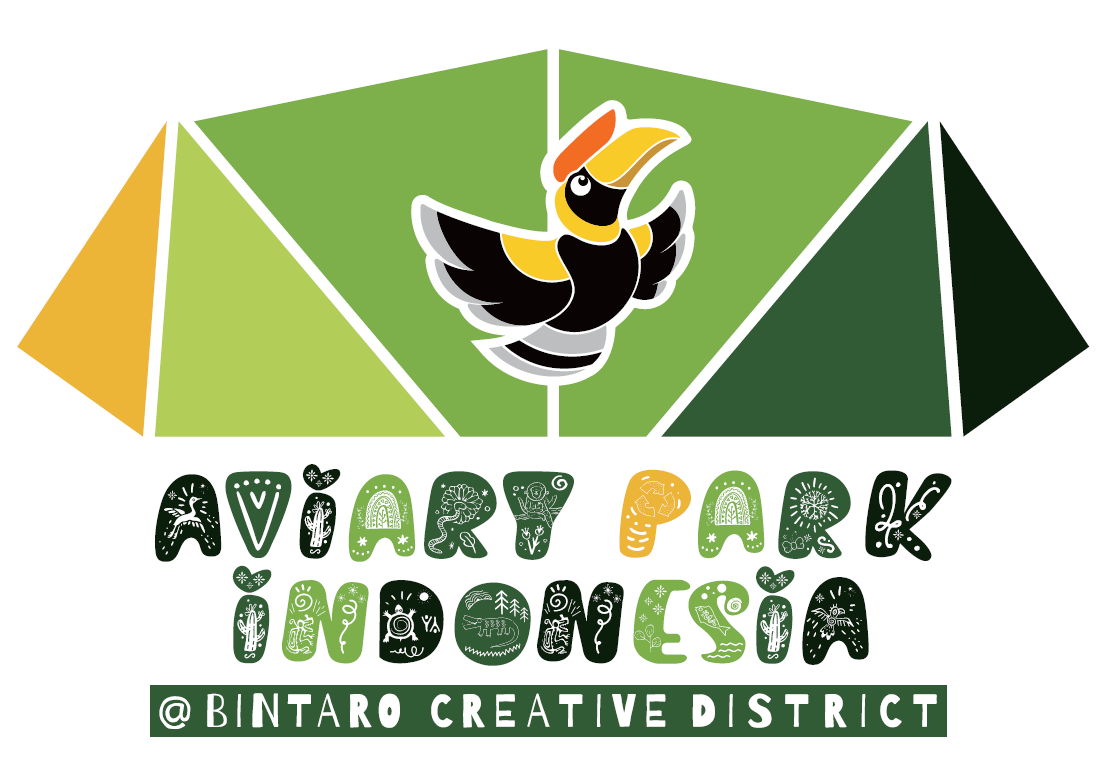Musang Pandan: The Exotic Animal of Indonesia
Indonesia is a land of diverse landscapes, rich cultures, and unique wildlife. One of the most fascinating creatures you may encounter during your backpacking adventure in Indonesia is the Musang Pandan. Also known as the Asian Palm Civet, this small mammal is native to Southeast Asia and is famous for its peculiar diet and role in the production of one of the world’s most expensive coffees, Kopi Luwak.
As you traverse the lush jungles and picturesque rice fields of Indonesia, you may catch a glimpse of the Musang Pandan scurrying through the trees or feasting on ripe fruits. These nocturnal creatures are known for their distinct appearance, with long bodies, sharp claws, and a beautiful black and white fur pattern. While they may seem elusive, Musang Pandan play a vital role in the ecosystem by helping to disperse seeds and control insect populations.
One of the most unique aspects of the Musang Pandan is its diet. These omnivorous creatures have a penchant for fruits, insects, and even small mammals. However, what sets them apart is their love for coffee cherries. Musang Pandan are known to selectively choose the ripest and sweetest coffee cherries, which they digest partially before excreting the beans. These beans are then collected, cleaned, roasted, and brewed into Kopi Luwak, a prized coffee known for its smooth and unique flavor profile.
Now, let’s address some of the most common questions that travelers have about Musang Pandan:
1. What does Musang Pandan look like?
Musang Pandan are small, cat-sized mammals with long bodies, sharp claws, and a distinctive black and white fur pattern.
2. Where can I find Musang Pandan in Indonesia?
Musang Pandan can be found in the forests and plantations of Indonesia, particularly in Sumatra, Java, and Bali.
3. What do Musang Pandan eat?
Musang Pandan are omnivores and feed on fruits, insects, small mammals, and coffee cherries.
4. What is Kopi Luwak?
Kopi Luwak is a type of coffee made from beans that have been partially digested and excreted by Musang Pandan.
5. Is Kopi Luwak ethical?
There have been concerns about the ethicality of Kopi Luwak production, as some farms confine and force-feed Musang Pandan. It’s important to ensure that the coffee you purchase is sourced ethically.
6. Are Musang Pandan endangered?
While Musang Pandan are not considered endangered, habitat loss and deforestation threaten their populations in the wild.
7. Can I interact with Musang Pandan?
While it’s not recommended to interact with wild Musang Pandan, there are ethical wildlife sanctuaries in Indonesia where you can observe and learn more about these fascinating creatures.
8. What other unique wildlife can I see in Indonesia?
Indonesia is home to a diverse range of wildlife, including orangutans, Komodo dragons, and Bali mynahs.
9. How can I support conservation efforts for Musang Pandan?
You can support conservation efforts by choosing ethical and sustainable tourism practices, purchasing ethically sourced Kopi Luwak, and supporting organizations working to protect Musang Pandan habitats.
10. What are some tips for backpacking in Indonesia?
When backpacking in Indonesia, be sure to respect local customs and traditions, pack light, stay hydrated, and immerse yourself in the culture and natural beauty of this incredible country.
In conclusion, Musang Pandan is a fascinating and integral part of Indonesia’s ecosystem, and encountering these unique creatures can add a touch of wonder to your backpacking adventure. By learning more about Musang Pandan and supporting ethical practices, you can contribute to the conservation of this iconic species and make your trip to Indonesia even more memorable.
